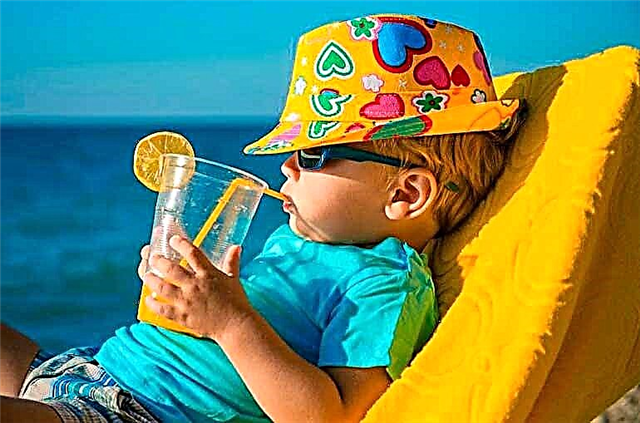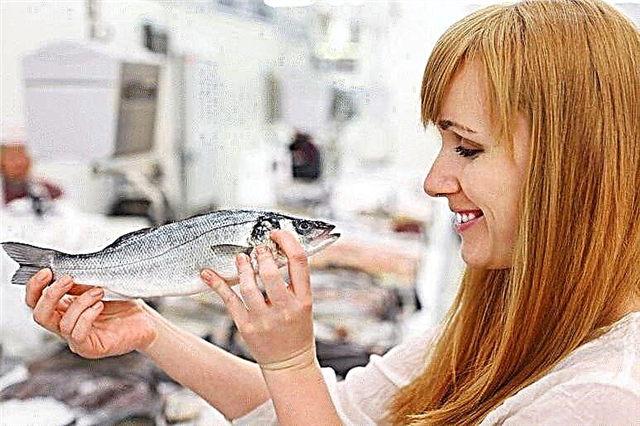
A normal amount of calcium is needed by the child's body for its bone skeleton to develop normally, so that teeth and hair are healthy. With the question of whether it is possible to give children compensating drugs, including calcium gluconate, parents often turn to the authoritative pediatrician and TV presenter, author of articles on children's health, Yevgeny Komarovsky.
About the problem
Calcium deficiency in children, according to Yevgeny Komarovsky, usually occurs due to the fact that the absorption of this substance is disturbed in the intestine, and it is also not sufficiently supplied with food. If you ask your parents what to feed your child so that there is enough calcium, 99% of mothers and fathers will answer that milk and dairy products. This is a delusion, says Yevgeny Komarovsky. If a child is allergic to cow protein, which in itself is not so uncommon, then it is quite possible to do without milk. The required substance is found quite a lot in vegetables, herbs, and fish.

The deficiency becomes more pronounced against the background of a lack of vitamin D. This condition is also characteristic of children with certain diseases of the thyroid gland.
There are many ways to cope with the problem, says Komarovsky. It is necessary to saturate the diet with foods rich in calcium, spend more time in the sun in order to eliminate vitamin D deficiency.
In addition, you can take "Calcium Gluconate", a good old, time-tested and generational drug.

About the drug
Calcium gluconate is a powder that is highly soluble in water. Almost 9% of it is calcium. Even children under one year old can take it. There are plenty of ways, starting with oral administration and ending with intravenous injections.
The drug is recommended for osteoporosis, rickets, with prolonged use of diuretics and antiepileptic drugs, for problems with hematopoiesis and a variety of allergic reactions - from urticaria to atopic dermatitis and angioedema. The drug can also be prescribed for some liver pathologies, including toxic lesions.

Manufacturers also indicate that the drug is useful for children during intensive growth, because at this time there is always a little lack of calcium.
Komarovsky about the drug
Calcium gluconate, according to Yevgeny Komarovsky, has recently been criticized completely undeservedly. There are opinions that the child's body practically does not assimilate it, and therefore there is no point in drinking it. This is a delusion, says the doctor.

This is one of the most famous drugs in the world, and doctors appreciate it precisely for its ability to be well absorbed in the intestines.
The drug can be used as an emergency aid in case of seizures due to calcium deficiency, and it should be administered intravenously. In all other cases, you can get by with an internal technique, that is, give the child food.
Manufacturers have made sure that children are pleased to take the product. And now you can buy tablets with fruit and cocoa flavor. Dr. Komarovsky warns against intramuscular administration of the drug to children. This method is only relevant for adults!
Where the myth about the uselessness of calcium gluconate originated is difficult to say for sure. Most likely, Komarovsky is sure, the matter is in the wrong dosage of the medication. It is not very convenient for adults to drink it, because in order to gain a daily dose, you need to drink 60 tablets!
Children are recommended more "reasonable" amounts of the drug:
- up to 1 year - 3 tablets of 500 mg;
- from 1 to 4 years - six tablets of the same dosage;
- from 5 to 9 years old - from 6 to 12 tablets;
- after 10 years - 18 tablets per day on average.

Komarovsky advises to divide the daily dose into 4 doses and give the drug half an hour before meals or an hour and a half after meals.
Manufacturers indicate constipation, irritation of the gastrointestinal tract, arrhythmia as side effects, but Komarovsky argues that in practice side effects when taken are very rare. Usually children tolerate it well.
As a good advice Komarovsky recommends drinking the drug in the indicated doses only in the case when the calcium deficiency in the child is confirmed by laboratory tests of the blood composition. In all other cases (for prophylaxis and "just in case"), you can give the child 1 tablet three times a day, according to a scheme that is quite familiar and understandable for most parents.

You can not give the drug at all, but simply feed the child with the necessary products.
In any case, there is no need to prescribe medications to children on their own, even such, at first glance, harmless as calcium gluconate. It is up to the doctor to appoint. Trust your doctors!
See the video below for more details.



